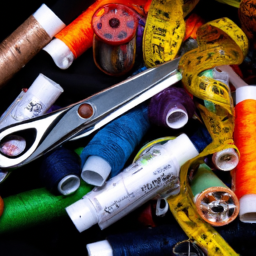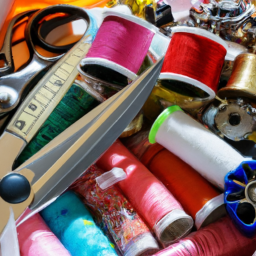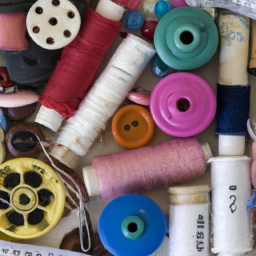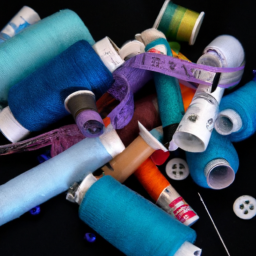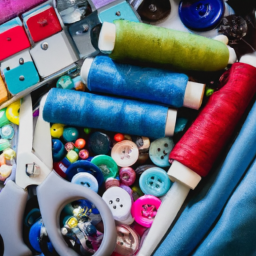

Introduction
Sewing fabric is the foundation for creating beautiful and well-fitting clothes. Whether you’re a beginner or an experienced tailor, choosing the right fabric and mastering sewing techniques are essential for achieving professional-looking results.
Types of Sewing Fabric
There are various types of fabrics available for sewing clothes, each offering unique characteristics and benefits. Some common fabric choices for clothing include:
- Cotton: A breathable and versatile fabric suitable for all types of garments.
- Silk: A luxurious and delicate fabric that drapes beautifully, often used for evening wear.
- Wool: A warm and durable fabric ideal for winter clothing.
- Denim: A sturdy and durable fabric commonly used for jeans and casual wear.
- Knits: Stretchy and comfortable fabrics perfect for creating fitted garments.
Tips for Sewing Fabric
1. Preparing the Fabric
Before sewing, ensure that you properly wash and press the fabric to prevent shrinkage or distortion later on.
2. Choosing the Right Needles and Thread
Select the appropriate needle and thread according to the fabric type. For instance, use a finer needle for silk and a stronger one for denim.
3. Seam Finishes
Consider using suitable seam finishes, such as French seams or overlocking, to prevent fraying and enhance the garment’s longevity.
4. Practice and Precision
Regular practice and maintaining precision in measurements and cutting will result in neater, more professional-looking finished garments.
Conclusion
Sewing fabric for clothes is a rewarding craft that allows you to create unique and personalized garments. By understanding different fabric types, following useful tips, and investing time in honing your sewing skills, you’ll be able to construct clothes with excellent fit, durability, and style.
“The only thing that separates us from the animals is our ability to accessorize.” – Robert Harling
